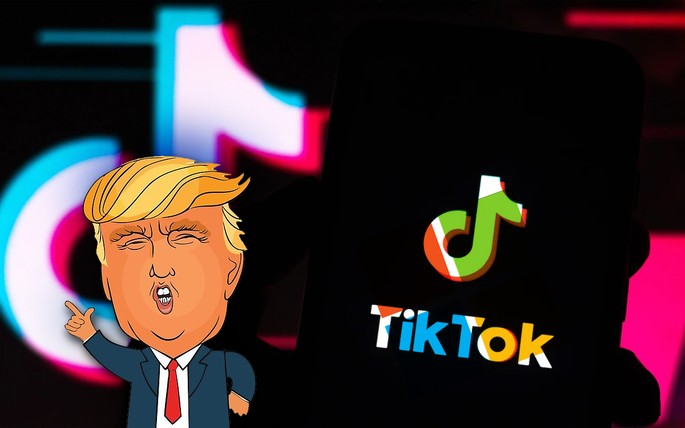
TikTok
In a landmark ruling, TikTok, the renowned social media giant, has been penalized with a substantial fine of €345m (£296m) by Irish regulators. A development propelled by the alleged breaches of children’s data privacy in 2020. This important moment puts into sharp focus the app’s previous policies around age verification. And also privacy configurations for underage users, marking the steepest penalty the company has incurred to date.
Privacy Shortcomings under Scrutiny
Brought to fore by the Irish Data Protection Commission (DPC), the citation condemned TikTok for not providing sufficient transparency about its privacy settings to its younger demographic, coupled with raised eyebrows over the process of data management. The pivotal issue stemmed from the discovery that accounts created by individuals between the ages of 13 and 17 were automatically set to public upon registration, unveiling their content to a wide audience without initial consent. This decision was rendered under the protective umbrella of the EU’s stringent General Data Protection Regulation (GDPR), a legal framework safeguarding personal data.
In response to this, TikTok representatives voiced their disagreement with the severity of the fine. They emphasize their proactive measures taken much ahead of the investigation’s onset, including the default setting of under 16 accounts to private.
ALSO READ: MTN, Microsoft and Meta Partner to Train 3000 Young Entrepreneurs
Industry Reactions to Child Data Privacy
Helen Dixon, the Data Protection Commissioner, echoed the concerns about TikTok’s system design, which in her perspective, violated the principled GDPR. That is the norms of data protection by design and by default. The spotlight is now on TikTok to align its data processing protocols meticulously with the GDPR within a three-month window.
In academic circles, the fine has been perceived as a positive stride towards robust digital safety for children. Prof. Sonia Livingstone, a digital rights scholar at the London School of Economics, lauded the step. She sees it as essential in championing a child’s right to privacy and fostering a digital environment devoid of exploitation and manipulation.
An Eye on Future Compliance on Child Data Privacy
Despite its monumental size, the fine pales in comparison to the recent financial punishment faced by Meta, which incurred a fine of €1.2bn by the regulatory body in May, emphasizing the robust enforcement of data protection laws in the European sphere. However, it significantly surpasses TikTok’s earlier £12.7m penalty from the UK data watchdog.
As the clock ticks, TikTok is urged to further bolster its privacy settings. There are plans underway to automatically set the accounts of all 16 and 17-year-olds to private as they register. A feature aligning with the platform’s continuous endeavors to foster safe digital spaces. Meanwhile, the app remains under the scanner. It is navigating through another investigation on the potential unlawful transference of data from the EU to its parent company ByteDance based in China.
With an eye on past shortcomings, this ruling underscores a vigilant movement towards the fortification of young digital landscapes. Also nurturing a space that respects privacy while retaining the spirit of open dialogue and expression. As TikTok steers into a future redefined by stringent regulatory norms, it remains imperative that technological advancements walk hand in hand. Along side ethical compliance, crafting a digital future anchored in safety, transparency, and respect.


















 and then
and then